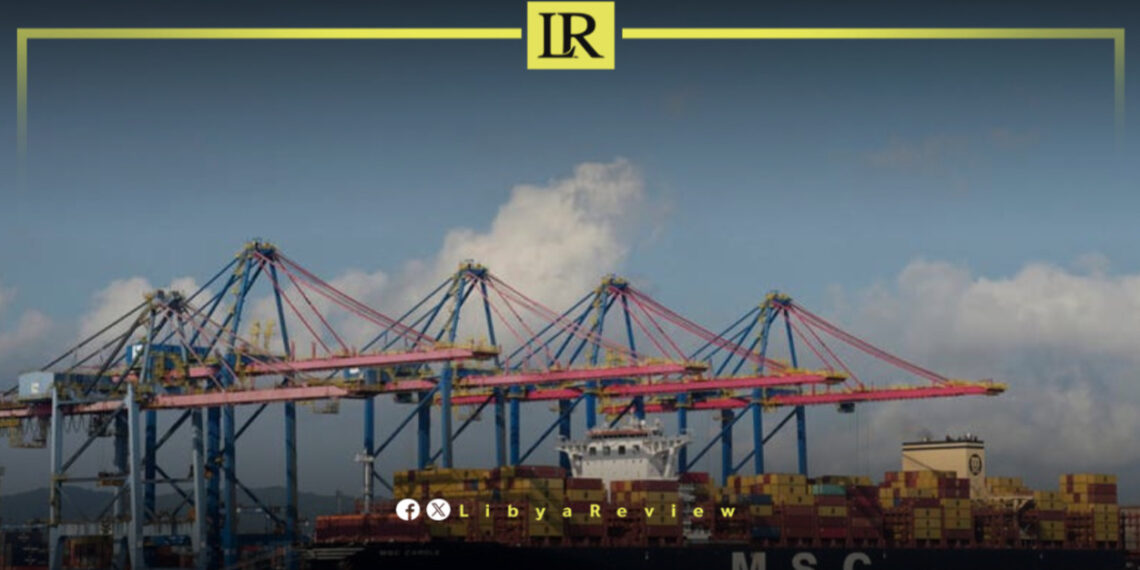Commercial exchange between Libya and Brazil grew noticeably in 2025, with Brazilian exports to Libya rising by 4.7% between January and July compared to the same period in 2024, according to data released by Brazil’s Ministry of Development, Industry, and Trade.
The value of Brazilian exports to Libya during the first seven months of this year reached $421.9 million, while imports of Libyan goods into Brazil totaled just $793,000, underscoring a heavily imbalanced trade relationship.
Iron ore was the largest Brazilian export to Libya, generating $146.8 million, though this represented a 10% decline from last year. Poultry products ranked second, totaling $103.7 million, a drop of 5.5%. In contrast, beef exports soared nearly 75% year-on-year, reaching $76 million, while sugar exports rose 15.1% to $68.8 million.
Officials noted that Brazil’s exports to Libya in 2025 have already outpaced annual sales recorded between 2014 and 2022, reflecting a notable rebound in bilateral trade volumes.
Analysts say the surge highlights Libya’s dependence on food imports and Brazil’s growing role as a strategic supplier. For Libya, grappling with ongoing political and economic instability, consistent imports from Brazil are critical to meeting demand for staple goods such as meat, sugar, and grains.
The sharp increase in beef and sugar exports points to a diversification of Brazil’s export portfolio in Libya, reducing reliance on poultry and iron ore. However, the overall decline in iron ore and poultry shipments suggests shifts in Libya’s domestic consumption patterns and global market pressures.
Despite its relatively modest scale compared to other Middle Eastern and North African markets, Libya remains a valuable export destination for Brazil. For Tripoli, trade with Brazil represents not only an economic lifeline for food security but also a potential foundation for broader South-South cooperation in the years ahead.


